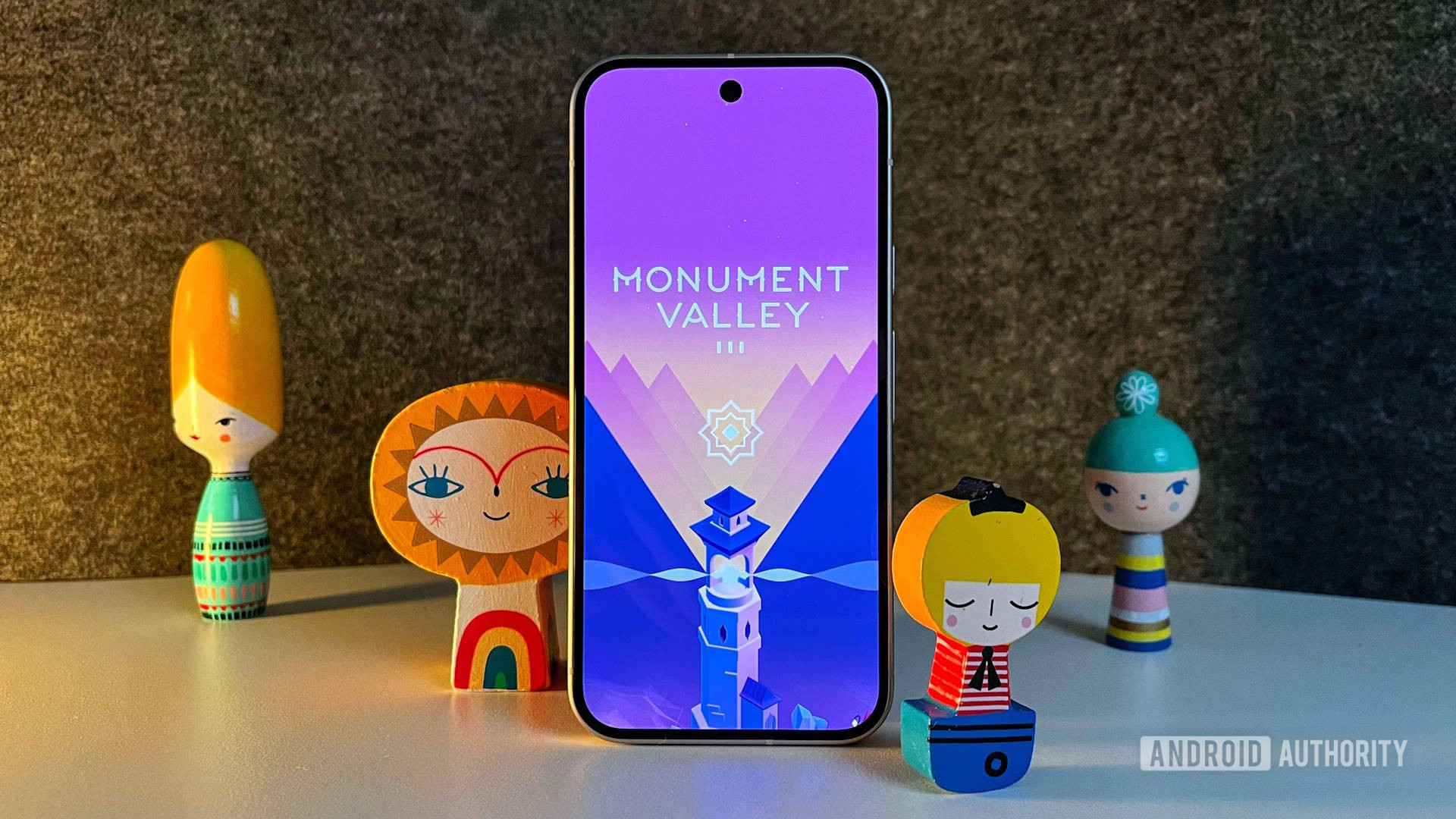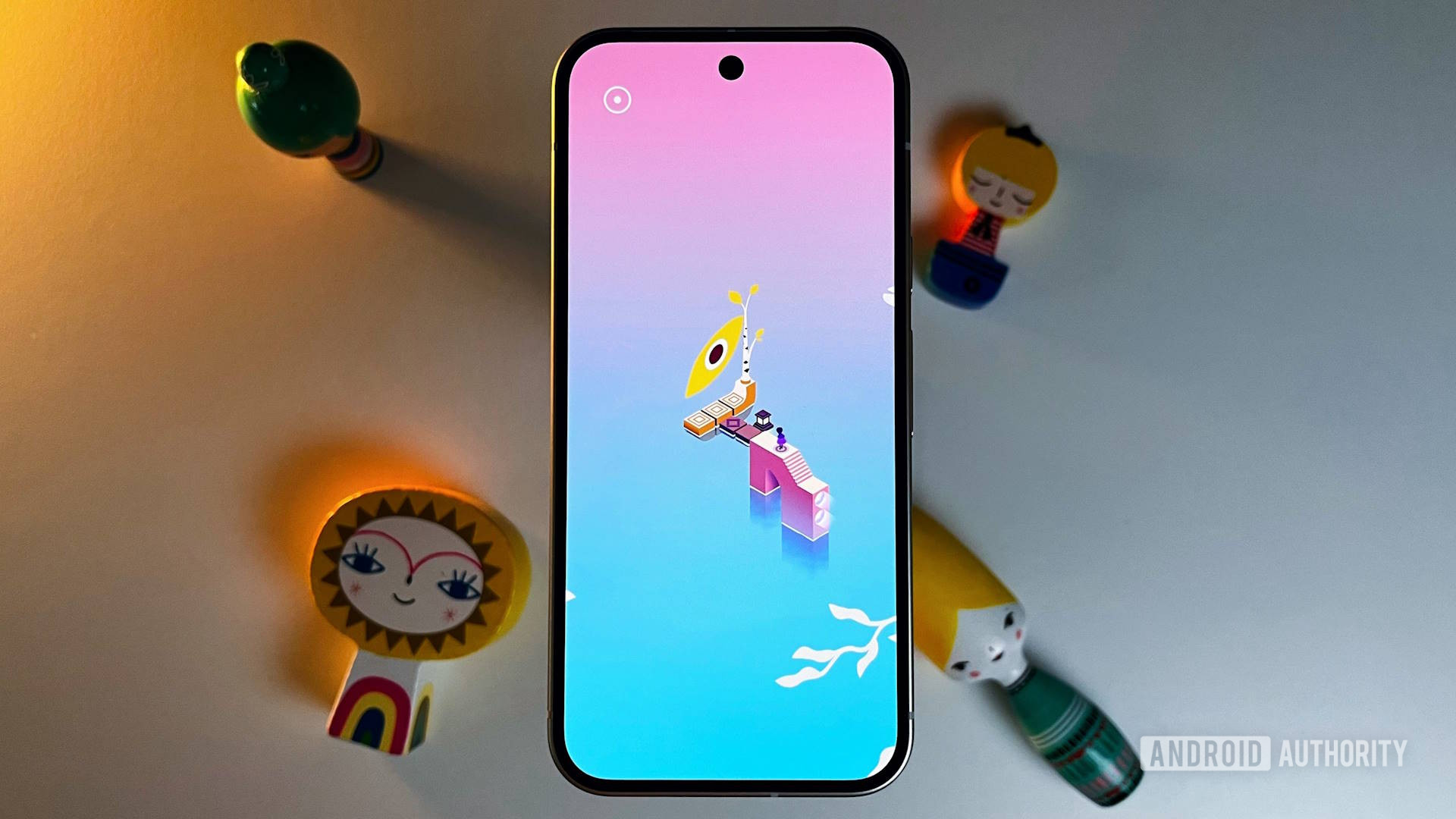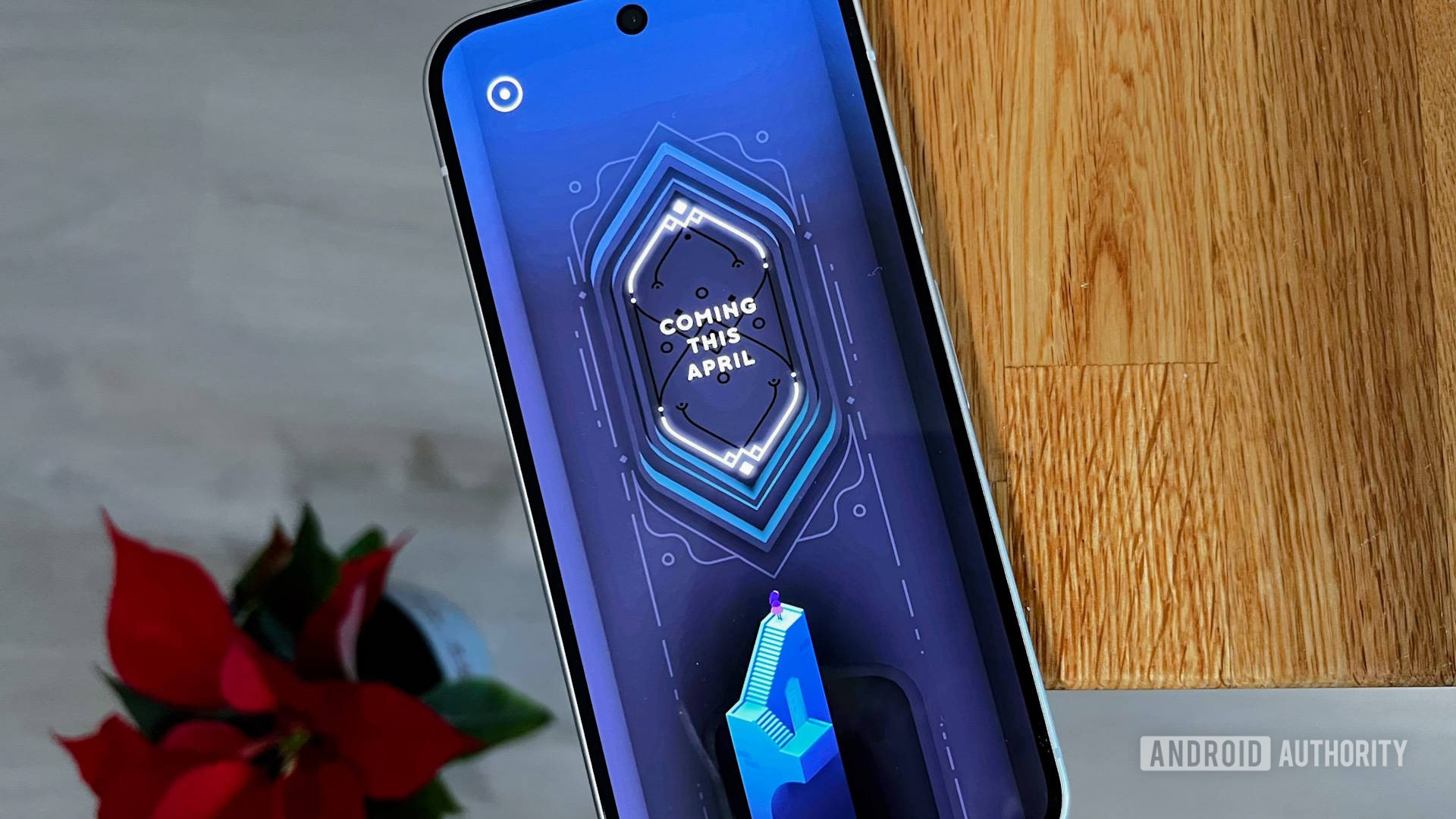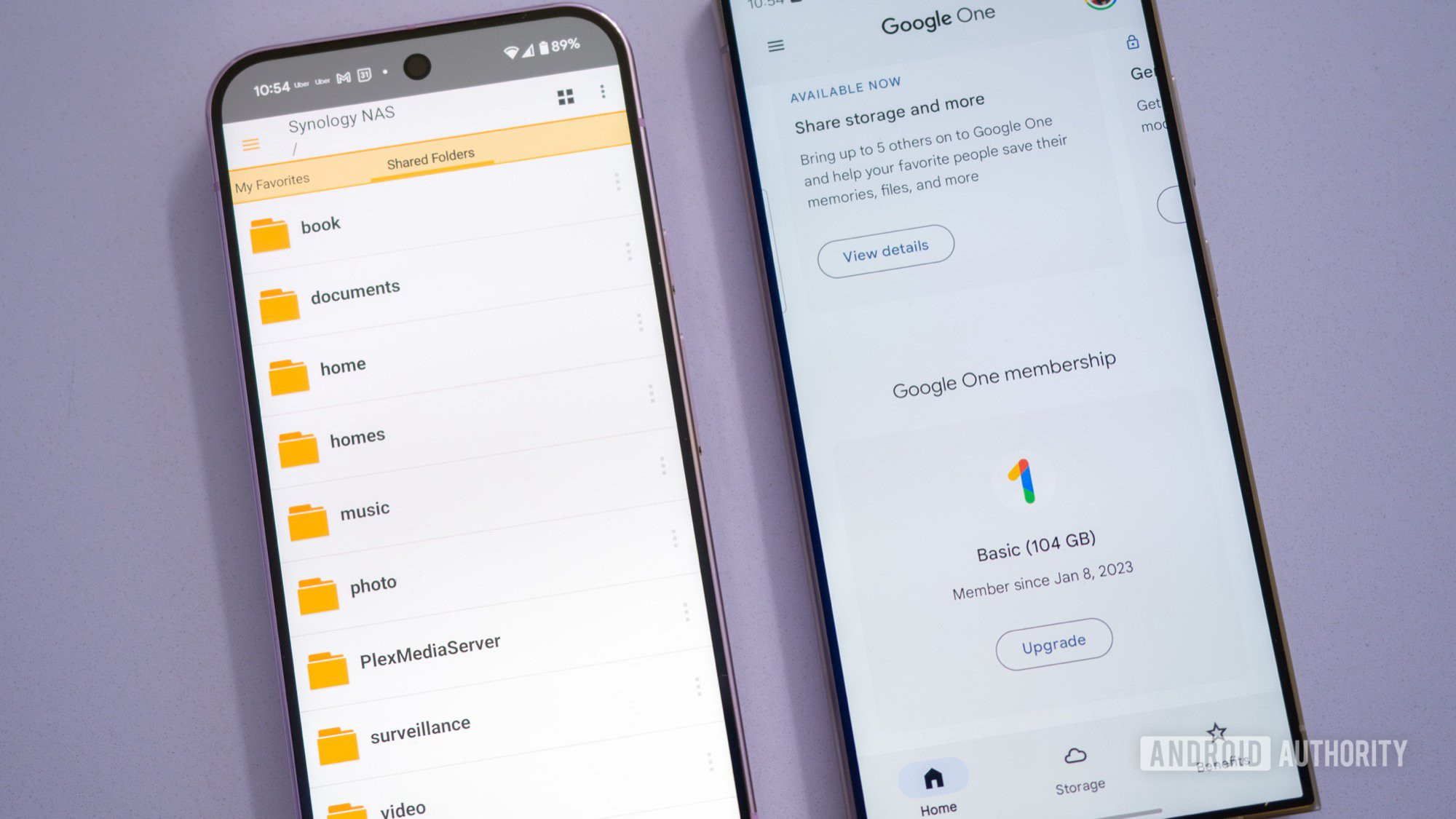
Nick Fernandez / Android Authority
Monument Valley 3 has just launched as part of Netflix Games, just over a decade since the original game was released. Having enjoyed the first two titles and with an expensive Netflix subscription still draining my bank account balance, I figured I might as well give it a shot.
After finishing the game a few hours later, I was pretty torn. Sure, it’s a gorgeous and wonderful game that you should play if you have Netflix, but I couldn’t help but feel disappointed. It presented so few new ideas compared to the now decade-old original, and the one modernization it does make is unlikely to make a difference.
Another colorful Escher adventure

Nick Fernandez / Android Authority
Obviously, there are many things that Monument Valley 3 does well. Like its predecessors, it’s a relaxing audio-visual experience more than a true puzzle game. Every level is wonderfully crafted, with moving bridges and spinning doodads to guide you to the end of each level.
Those levels are short, typically taking five minutes or so, with ten levels in total. As you would expect, later levels tend to be longer and more complex, although they never extend beyond the duration of a long trip to the bathroom. I don’t think I need to elaborate more.
One of my favorite levels has a kind of papercraft origami vibe, with wonderful textures and mechanics to suit. Sadly that level was on the shorter side and the style was never seen again. As someone who loves papercraft and popup books, I would gladly play an entire game that looks like this.
Monument Valley 3 has slightly more complex levels and... a boat!
Another new addition makes an appearance early on: a boat! The adorable little guy accompanies you on your adventure, which is based around a lighthouse at sea.
The boat doesn’t have many real gameplay implications, but you can move it around freely to get from island to island. Once you beat the game you can also explore the area around the lighthouse, but again, there isn’t much there.
Unfortunately, that lack of freedom is representative of the game as a whole.
A tight path
When the first Monument Valley came out, it was an artistic force in the mobile gaming space. There was nothing quite like it, and the game was just so damn beautiful that it won countless awards. It’s sold more than 25 million copies, which is incredible for a premium mobile title.
But as a game, it wasn’t perfect. The levels were short and easy, and there wasn’t really much beyond mere eye candy. And that remains the case in Monument Valley 3.
The levels might be more complex or have more moving parts, but there’s still only one solution. You always have to go from point A to point B in the intended manner, with no alternative ways to solve problems. Even the boat sections, which would be a perfect way to explore ruins (even if just in passing), shoehorn you toward the next puzzle or objective.
Every puzzle has exactly one solution, with no room to play and explore.
In 2014, the limitations of the platform made that decision understandable. The mobile gaming market was still finding its footing, and more expansive open-world games were still mostly locked to PC or console hardware. But now, devices are far more powerful, and there should be a way to incorporate exploration without sacrificing artistic integrity.
Maybe there are alternate versions of certain levels. Maybe the second time you play through, there are collectibles to serve as an extra challenge. Maybe add some interactive elements unrelated to solving the puzzle, like birds or rubble that falls. If you can’t tell, I’m desperate for an excuse to spend more time in this beautiful world that developer Ustwo has made beyond setting screenshots as my phone background.
Aesthetics as a service

Nick Fernandez / Android Authority
The other big change in Monument Valley 3 is the shift to a more robust live-service model. There isn’t a battle pass or any addictive gameplay loops, but seasonal content will be released over time. The first is slated for April 2025, with three more planned throughout the year.
While I appreciate the commitment to add more content (previous games had paid DLCs, after all), the slow drip of levels doesn’t feel like enough. An hour of new content every three months is woefully underequipped to compete with most mobile live-service games that pump out limited-time events every week.
Monument Valley 3 will add new content four times a year, but that's not enough.
For what it’s worth, Netflix has also added the previous two games to its catalog, so if you’re new to the series you’ve got a few more hours of wonder to play through. Starting from the beginning will show the artistic growth of the studio, but considering it’s been 10 years, little else has evolved.
Time will tell whether the added content improves on core gameplay mechanics in any significant way, but for me, I’ve already moved on. I enjoyed the short trip back to 2014, but I’m headed back to cozy games with a bit more meat on the bones.






 English (US) ·
English (US) ·